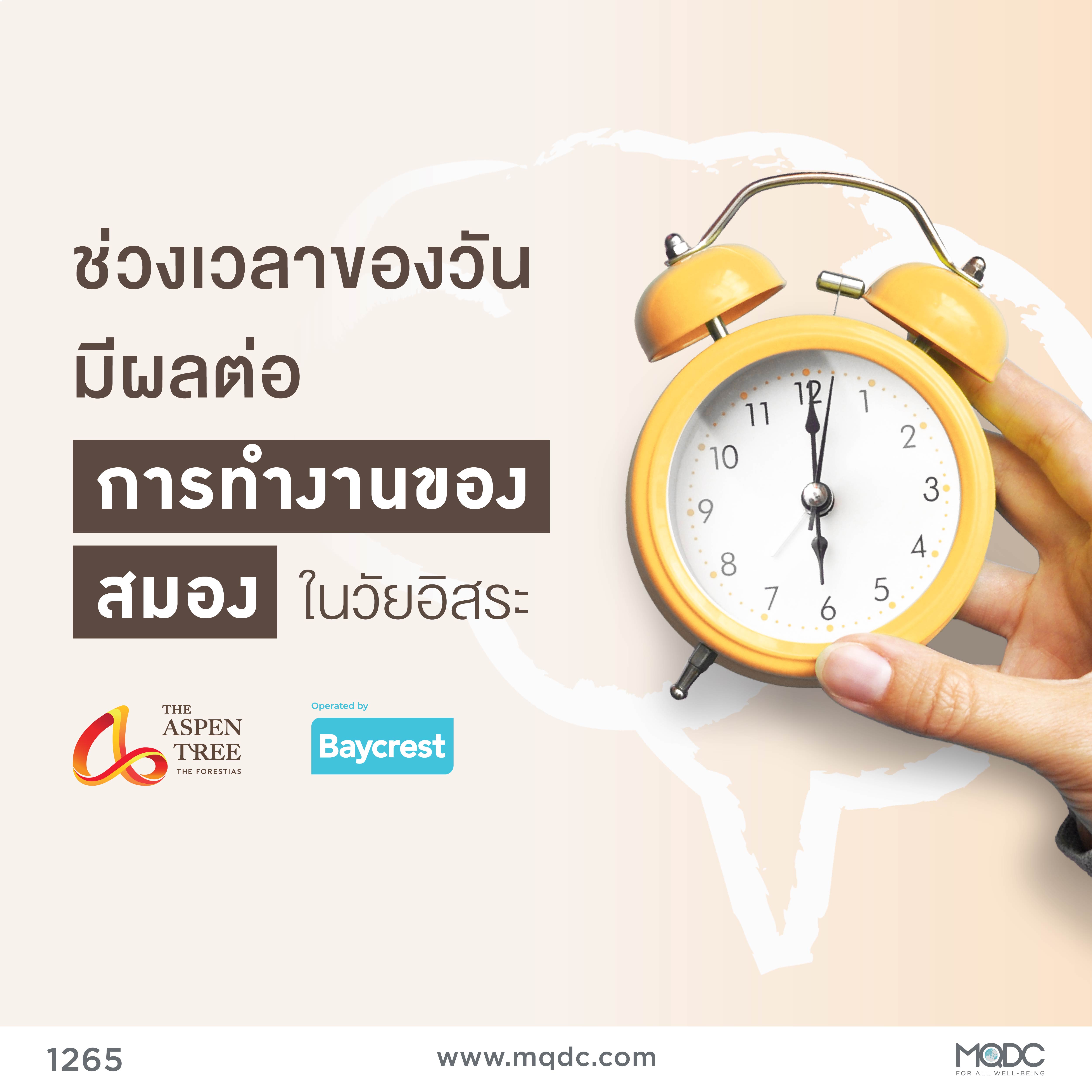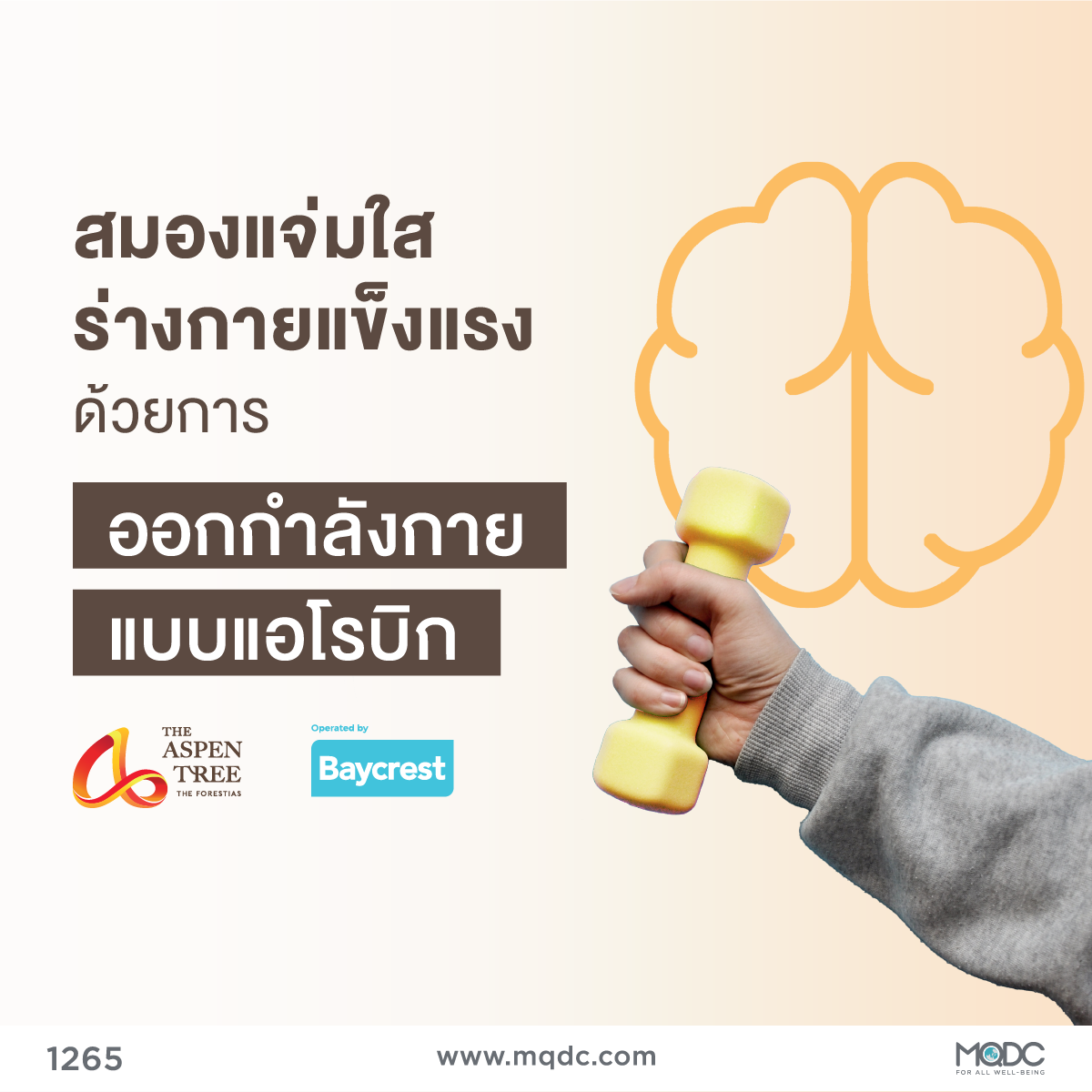Research into Brain Activity during the Day
Toronto, Canada – Older adults who are tested at their optimal time of day (the morning), not only perform better on demanding cognitive tasks but also activate the same brain networks responsible for paying attention and suppressing distraction as younger adults, according to Canadian researchers. The study, published online July 7th in the journal Psychology and Aging (ahead of print publication), has yielded some of the strongest evidence yet that there are noticeable differences in brain function across the day for older adults.
Tips from Experts and Researchers for Everyday Life
“Time of day really does matter when testing older adults. This age group is more focused and better able to ignore distraction in the morning than in the afternoon,” said lead author John Anderson, a PhD candidate with the Rotman Research Institute at Baycrest Health Sciences and University of Toronto, Department of Psychology. “Their improved cognitive performance in the morning correlated with greater activation of the brain’s attentional control regions – the rostral prefrontal and superior parietal cortex – similar to that of younger adults.” Asked how his team’s findings may be useful to older adults in their daily activities, Anderson recommended that older adults try to schedule their most mentally-challenging tasks for the morning time. Those tasks could include doing taxes, taking a test (such as a driver’s license renewal), seeing a doctor about a new condition, or cooking an unfamiliar recipe.
Testing Brain Performance at Different Times of Day
In the study, 16 younger adults (aged 19 – 30) and 16 older adults (aged 60-82) participated in a series of memory tests during the afternoon from 1 – 5 p.m. The tests involved studying and recalling a series of picture and word combinations flashed on a computer screen. Irrelevant words linked to certain pictures and irrelevant pictures linked to certain words also flashed on the screen as a distraction. During the testing, participants’ brains were scanned with fMRI which allows researchers to detect with great precision which areas of the brain are activated. Older adults were 10 percent more likely to pay attention to the distracting information than younger adults who were able to successfully focus and block this information. The fMRI data confirmed that older adults showed substantially less engagement of the attentional control areas of the brain compared to younger adults. Indeed, older adults tested in the afternoon were “idling” – showing activations in the default mode (a set of regions that come online primarily when a person is resting or thinking about nothing in particular) indicating that perhaps they were having great difficulty focusing. When a person is fully engaged with focusing, resting state activations are suppressed.
Our Brains Work Best at the Right Time
When 18 older adults were morning tested (8:30 a.m. – 10:30 a.m.) they performed noticeably better, according to two separate behavioral measures of inhibitory control. They attended to fewer distracting items than their peers tested at off-peak times of day, closing the age difference gap in performance with younger adults. Importantly, older adults tested in the morning activated the same brain areas young adults did to successfully ignore the distracting information. This suggests that when older adults are tested is important for both how they perform and what brain activity one should expect to see. “Our research is consistent with previous science reports showing that at a time of day that matches circadian arousal patterns, older adults are able to resist distraction,” said Dr. Lynn Hasher, senior author on the paper and a leading authority in attention and inhibitory functioning in younger and older adults.
The Baycrest findings offer a cautionary flag to those who study cognitive function in older adults. “Since older adults tend to be morning-type people, ignoring time of day when testing them on some tasks may create an inaccurate picture of age differences in brain function,” said Dr. Hasher, senior scientist at Baycrest’s Rotman Research Institute and Professor of Psychology at University of Toronto.
Safeguard Your Health and Peace of Mind at 50+ at The Aspen Tree in The Forestias Operated by Baycrest with Holistic Lifetime Care
Each detail and insight in holistic healthcare for older adults matters at The Aspen Tree in The Forestias operated by Baycrest.
Staying healthy and strong at 50+ takes knowledge and understanding of health in terms of body, brain, and mind. Give yourself the best environment where health professionals boost quality of life for older adults. Live life to the full, with meaning, without worry. This concept inspires The Aspen Tree at The Forestias, designed and developed with research leaders and Canada’s world-leading Baycrest Crest to meet every need of older adults. You can live in a multigeneration community in The Forestias with comprehensive health and care (Holistic Lifetime Care). Full facilities and the Health & Wellness program enhance your lifestyle with activities such as yoga, swimming, singing, playing music, meditation, outdoor activities, hydrotherapy, and much more to keep your body, mind, and brain in great shape.
The Aspen Tree at The Forestias also has a Health & Brain Center to safeguard your health and wellness. The center’s experts can delay the onset of dementia and provide care to overcome brain and memory problems. A team of healthcare specialists is on hand 24 hours a day to keep you safe and well in every aspect.
Live free from cares in the free time of live... Let’s find the perfect life together.
Find out more CLICK https://mqdc.com/aspentree
Call 1265
LINE OA: @TheAspenTree or CLICK https://mqdc.link/3Emhkde
Source:









